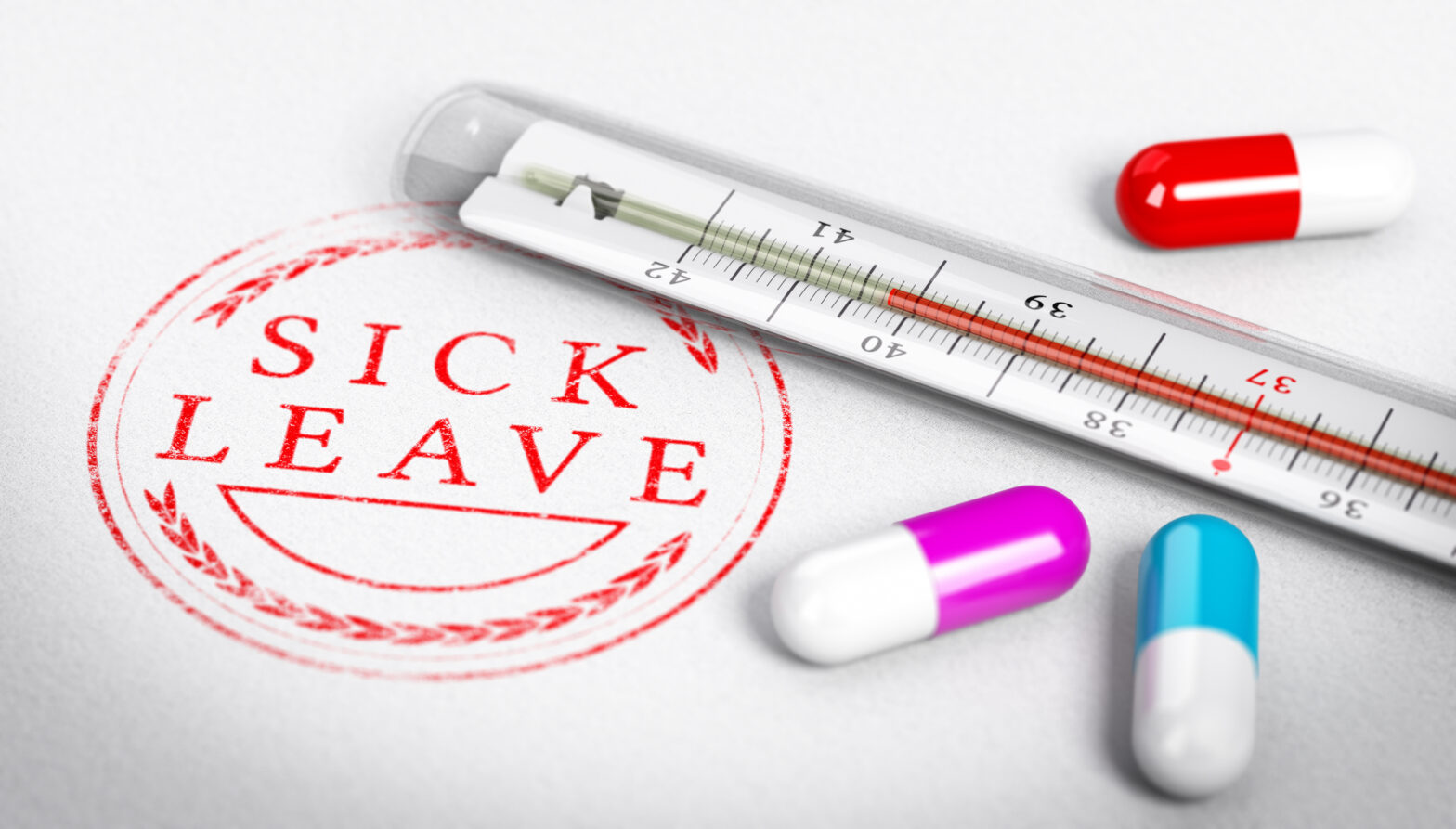An estimated 137.3 million working days were lost due to sick or injured employees in the UK in 2016, according to new research from the ONS Sickness Absence in the Labour Market report.
This is equivalent to 4.3 days per worker (the lowest recorded since the series began in 1993, when it was at 7.2 days per worker, the highest level over the reference period).
Since 2003, there has been a general decline in the number of days lost to sickness absence, particularly during the economic downturn. Sickness absence fell to a low of 131.7 million days in 2013 but there were increases in 2014 and 2015.
Common cold causes havoc
Minor illnesses (such as coughs and colds) were the most common reason for sickness absence in 2016, accounting for approximately 34.0 million days lost (24.8 per cent of the total days lost). This was followed by musculoskeletal problems (including back pain, neck and upper limb problems) at 30.8 million days (22.4 per cent).
After ‘other’ conditions, mental health issues (including stress, depression, anxiety and serious conditions) were the next most common reason for sickness absence, resulting in 15.8 million days lost (11.5 per cent).
In 2016, the groups who experienced the highest rates of sickness absence were women, older workers, those with long-term health conditions, smokers, public health sector workers and those working in the largest organisations (those with 500 or more employees).
The groups that have seen the greatest reduction in sickness absence rates over the last 2 decades are workers with long-term health conditions, workers aged 50 to 64, and those in the public sector.
Zero hour contracts a problem
Beverley Sunderland, managing director at Crossland Employment Solicitors, says, ‘There is a common misconception that employees are entitled to company sick pay if they are ill. In fact, their only entitlement is to statutory sick pay (£88.45 per week) and only after the first four days (including non-work days). Statutory sick pay is not available to workers such as those on zero hours contracts or working in the ‘gig’ economy.
‘Whilst many businesses do pay company sick pay, often not for the first few days of absence. This means that those with illnesses which are contagious or where bed rest will ensure a full and quick recovery (such as minor illnesses like coughs and colds, which were the most common reason for sickness absence in 2016), these people are not taking the time off but coming to work to ensure they continue to earn money.
‘Illness is spreading in the workforce and workers are not fully productive as they are unwell.’
Sunderland adds, ‘Many employers are now recognising the importance of wellbeing in the workplace and that to look after an employee’s health has a long term positive effect on the business.
‘The use of occupational health, relaxation areas, massages at work, yoga classes, duvet days and sensible working hours is improving productivity and ensuring staff retention at a time when skills shortages are really starting to become an issue in some parts of the country.’





